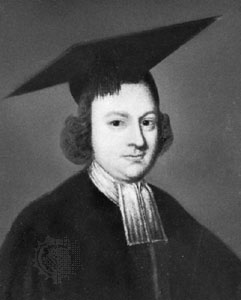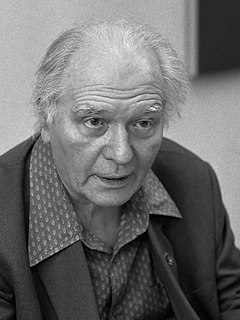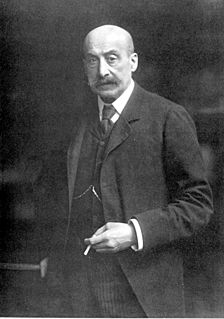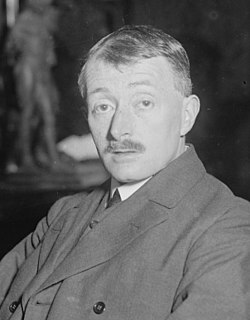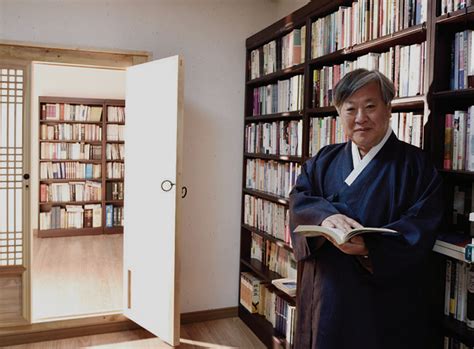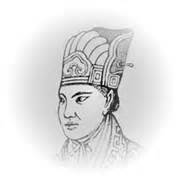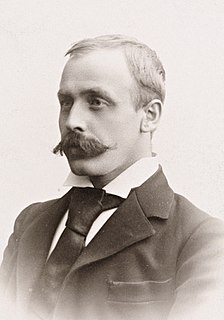A Quote by Jonas Mekas
In a meadow full of flowers, you cannot walk through and breathe those smells and see all those colors and remain angry. We have to support the beauty, the poetry, of life.
Related Quotes
For the flowers are great blessings. For the Lord made a Nosegay in the meadow with his disciples and preached upon the lily. For the flowers have great virtues for all senses. For the flower glorifies God and the root parries the adversary. For the flowers have their angels even the words of God's creation. For there is a language of flowers. For there is a sound reasoning upon all flowers. For flowers are peculiarly the poetry of Christ.
We human beings don't realize how great God is. He has given us an extraordinary brain and a sensitive loving heart. He has blessed us with two lips to talk and express our feelings, two eyes which see a world of colors and beauty, two feet which walk on the road of life, two hands to work for us, a nose which smells the beauty of fragrance, and two ears to hear the words of love.
It's a matter of seeing the original meaning of all things. The world is full of all kinds of meanings. But our minds are so fettered by the lies and falsehoods they make for themselves, that they cannot see the beauty, goodness, or truth of those meanings. Only a mind that has become free can see such things.
We need to find God, and he cannot be found in noises and restlessness. God is the friend of silence. See how nature-trees, flowers, grass-grow in silence. Is not our mission to give God to those we walk with? Not a dead God, but a living, loving God. The more we receive in silent prayer, the more we can give in active life. We need silence to be able to touch souls. The essential thing is not what we say, but what God says to us and through us. Words that don't give the light of Christ increase the darkness.
Munch writes poetry with color. He has taught himself to see the full potential of color in art His use of color is above all lyrical. He feels color and he reveals his feelings through colors; he does not see them in isolation. He does not just see yellow, red and blue and violet; he sees sorrow and screaming and melancholy and decay.

